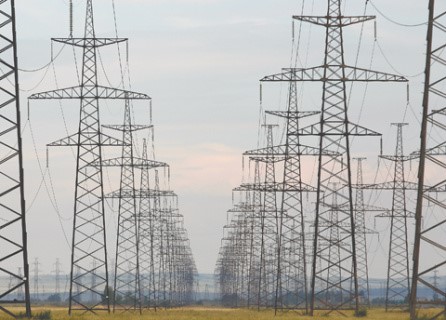Russia's energy strategy
Russian fossil fuel producers are investing in new technologies in the conviction that at least until 2050 extractive materials will remain crucial in the world economy. Renewable energies will be used more and more, but in parallel with the oil share, as cars become increasingly popular in Africa and Latin America.
Moscow (AsiaNews) - A conference of the ‘Council of Energy Producers’ association was held in Moscow, attended by Russian Energy Minister Sergei Tsivilev, who stressed the particular importance of the current period for the development of the entire country. In his opinion, ‘the challenges currently facing us not only present various risks, but also open up many new perspectives.
The fuel energy complex is decisive for the long-term growth of the entire Russian economy, not only as a primary element of the budget, but as a ‘crucial directive of the development of the mixed sectors of industry’, the minister said.
The need for new technologies, with the contribution of science and education, elaborating on digital solutions, using new tools and materials, was called for. Tsivilev noted that ‘Russia has great potential and many talented people to solve these urgencies, and many companies in our homeland are trying to put this to use, we must also join efforts together with friendly countries’.
The stated goal of ‘technological sovereignty’ is to provide effective standards, such as those proposed by the Institute of Oil and Gas Technology Initiatives (Inti), which has already initiated some 250 new projects.
The digital platform for the various industries is being detailed, with supervision by the Ministry of Energy, which will keep records of the best-performing producers, to be supported by the state, and delete those that prove ineffective.
In this way, Russia's ‘new energy strategy’ up to 2050 is being specified, which will be put forward for discussion in all appropriate fora.
The new strategy will be generically divided into four directions: oil and derivatives, gas, coal and electricity. According to the indications given by President Vladimir Putin, the processing capacity of these sectors will have to lead to Russia's ‘technological leadership’ on a global level, and for this, almost 50 billion roubles (half a billion euros) will be invested in the two-year period 2025-2027. A ‘change of mentality’ will be necessary, insists Tsivilev, capable of uniting everyone in the achievement of the set goals.
In any case, until 2050 extractive materials will remain crucial in the world economy, and the ever-increasing demand for energy will ensure that current production levels are maintained, or even increased.
Renewable energies will be used more and more, but in parallel with the oil share, as cars become increasingly popular in the Asia-Pacific region, but also in Africa and Latin America. A clear rejection of traditional fuels is therefore not foreseen as part of the strategy, although current monitoring of the issue will be carried out.
Conservation and finalisation scenarios are envisaged, in order to defend the necessary trends in energy policy, without being forced into over-investment. From a development perspective, the right balance must be sought, avoiding unnecessary delays and complications in realising export potential.
The permanence of the sanctions regime by the G7 countries is taken into account, but the aim remains to grow Russian GDP by 2030 faster than other world economies, to reach a medium-high level to be maintained until 2050.
In conclusion, the Chairwoman of the Energy Producers Group's Council of Observers, Aleksandra Panina, set out the three dimensions to be adhered to for the outlook of Russia's energy sector: ‘credibility, accessibility and efficiency’, in order to be able to maintain an adequate level of competitiveness internally and externally.
11/08/2017 20:05







.png)










